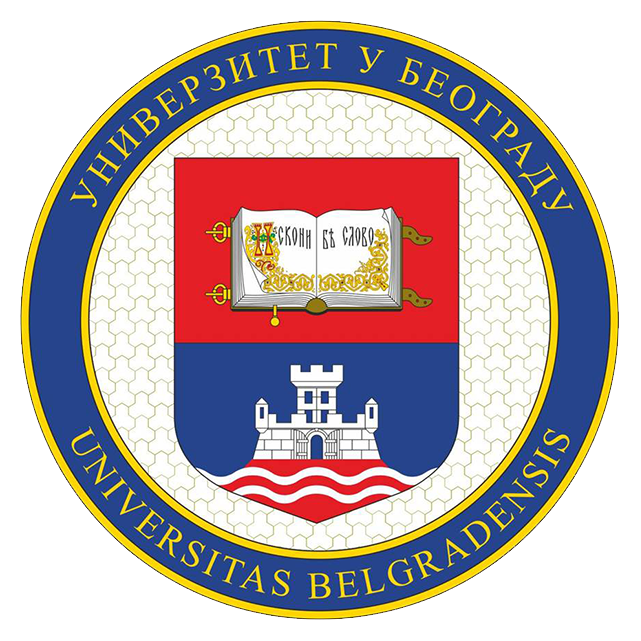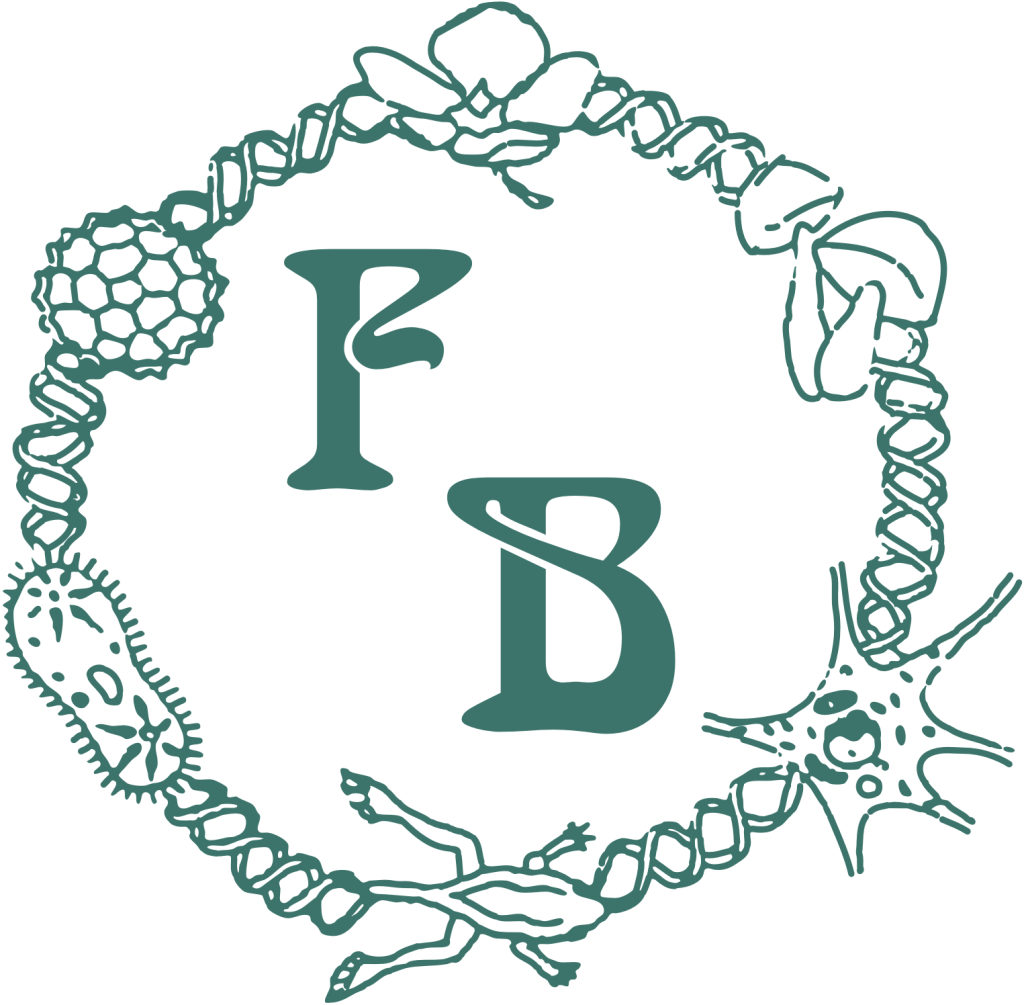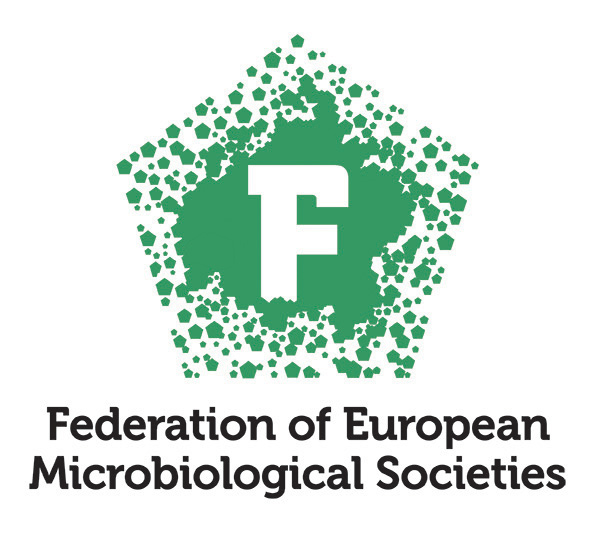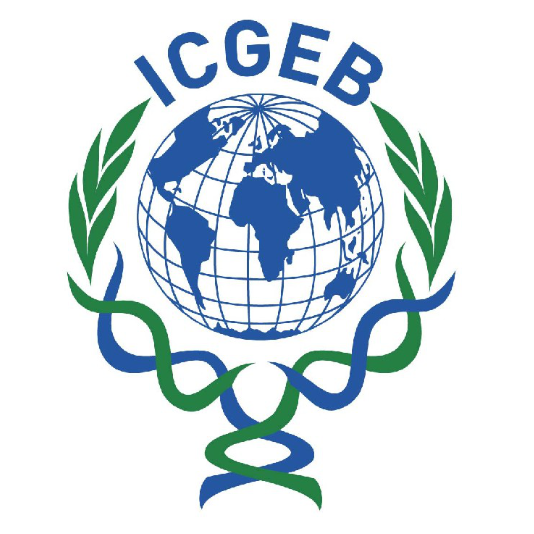Daniele Daffonchio is Professor of Bioscience at KAUST, King Abdullah University of Science and Technology, Saudi Arabia, since April 2014. Before KAUST, Daffonchio was Professor of Microbial Systems Biotechnology at DeFENS University of Milan, Italy. He got a PhD in Chemistry, Biochemistry and Ecology of Pesticides at the University of Milan in 1993. Research interests are on the microbial ecology and biotechnology of complex ecosystems in conventional and extreme aquatic and terrestrial habitats and of symbiotic systems.

Daniele Daffonchio
KAUST, King Abdullah University of Science and Technology, BESE, Biological environmental Science and Engineering Division, Thuwal, 23955-6900, Saudi Arabia













